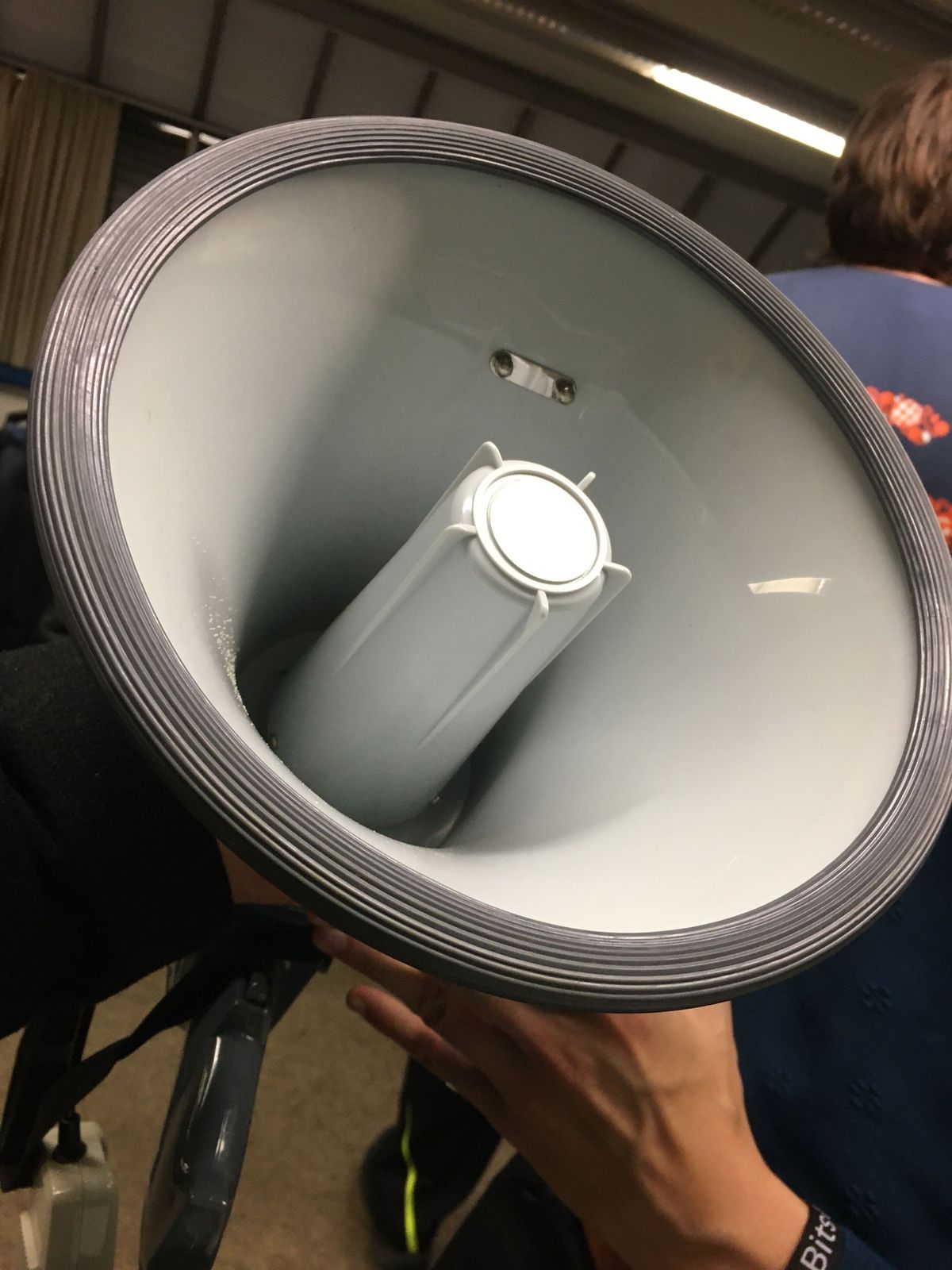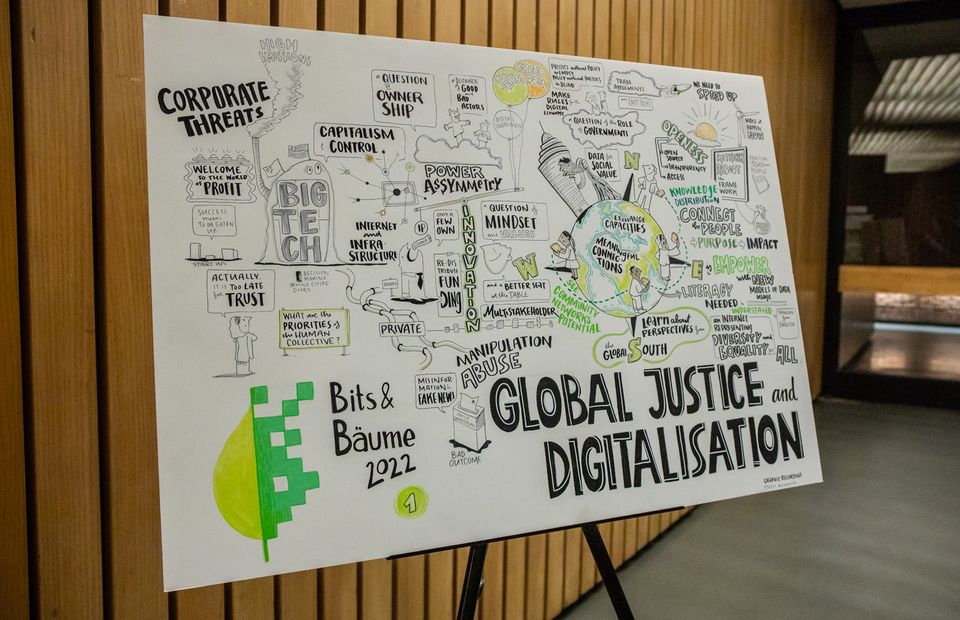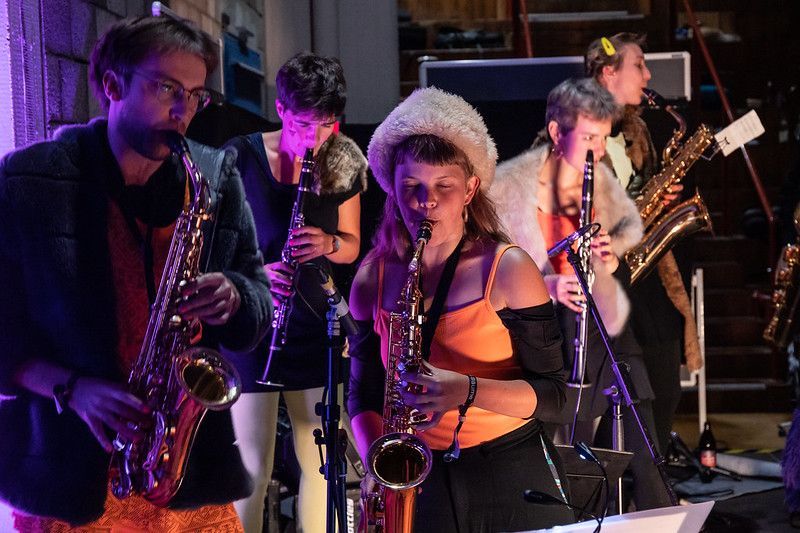We have to talk
We all know about the climate crisis, why don't we take action? It is much about the way we talk on it

Vanishing islands in the South Pacific, burning woods in the Amazon basin, Flooded villages in the South West of Germany: We are facing a dystopy right now. The Climate Catastrophe is more visible than ever, and will be even worse. It is by far not more a matter of environment, it is about the survival of mankind.
So, why don't we change our habits as radically as we did f.e. during the global pandemic? Psychologist Janna Hoppmann is working about this. It is much about communication on the issue which doesn't work for most of the people, she says in her lecture "So gelingt digitale Klimakommunikation" ("How to make digital Climate Communication working").
There are a couple of misapprehensations about climate publicity, she says. For example, knowing about something doesn't inspire necesarily habit changes: "We know so much about it already". Maybe we even intent to change habits, but there is no clue to transform knowledge into action. Basically, the best way to break down this mental barrier could be face to face communications and social influence, she says.
But even in mass communication or in NGO Social Media activities, there are some clues to touch people only by using language in a certain way: positive, active, rather tangible than abstract. Personal stories are constructing bridges even between continents.
Adressing other emotions than fear
Climate communication could be most efficient if it adresses emotion. On the subject, many publicists trigger fear more than anything, which is a good idea to make it remember, but doesn't work to inspire action. "It is about how emotions work on us", Hoppmann says, "if something doesn't feel good, or is even threatening us, the psyche goes in defense".
This is for two reasons: Alarming news make us to hide into our prehistoric cave rather than to go for it. And further, we react more positively on strenghtening information than on critics. Climate arrogance doesn't work. So, it is important to trust in the ability of other persons, as a booster for their self esteem: "You are ok, as you are, you are able to do this." Climate communication should trigger rather self-efficacy than criticism. Which also means: Not only showing things, but also to give hints how to take action.
Read also our Blog reports "Behind the Scenes" about "Self Organised Autonomous spaces", an article on one of the big panels on Digital Colonialism "Global justice and digitization", about the opening panel "No Avocado Politics, please" and the invitation to some Conference Panels in English Language "Digital New World?".




